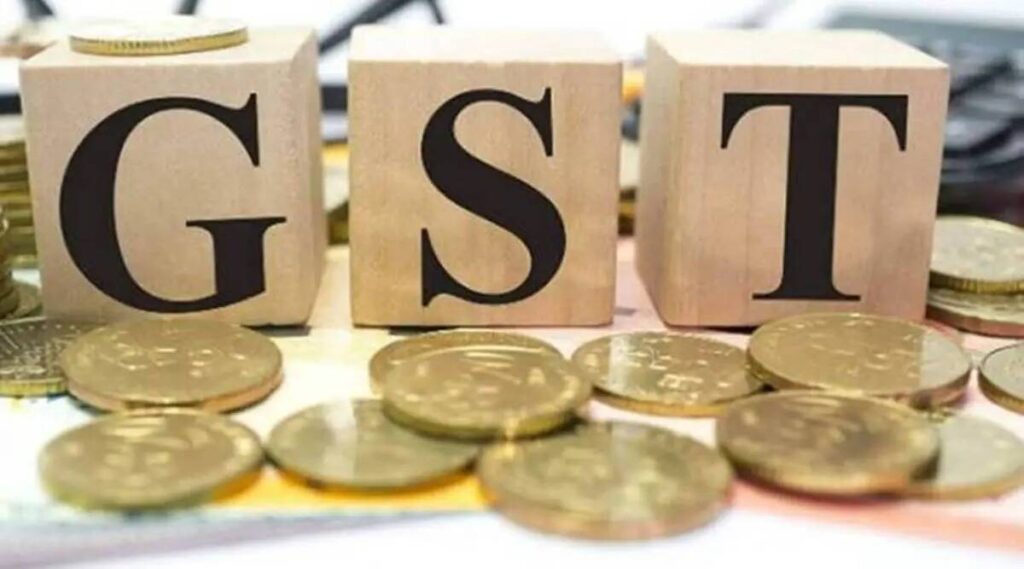Government sources stated that the incidence of tax has not turned higher than the pre-GST regime.
The recent rate changes taken in the 47th Goods and Services Tax (GST) Council meeting were based on the recommendations of a Group of Ministers. The GoM consisted of members from seven states and the recommendations were then made by the Council, which includes members from both states and the Centre, government sources said.
Government sources also stated that the incidence of tax has not turned higher than the pre-GST regime. For example, items such as honey, tea, milk powder, sugar, spices had a 6 per cent tax incidence in the pre-GST regime, while rice and wheat had a tax incidence of 2.75 per cent and 2.5 per cent, respectively. Denying that the repackaged and pre-labelled food items are being taxed for the first time, the government source said that these items were taxed in the pre-GST VAT system as well.
In its 47th meeting held last month, the Council undertook a series of rate changes as part of correction of inverted duty structure, withdrawal of certain exemptions in what could be a precursor for an overall tweaking of tax slabs and rate rationalisation in future.
In the changes, which are expected to affect consumers at the most basic level, GST exemption has been withdrawn from ‘pre-packaged and labelled’ retail packs which will include food items such as curd, lassi, puffed rice, wheat flour, buttermilk, but items sold loose or unlabelled shall continue to remain exempt. The rate changes became effective July 18.
Correction of inverted duty structure translates into a rate hike for household items such as LED lamps, printing/drawing ink, power driven pumps, Tetra Pak to 18 per cent from 12 per cent, for solar water heaters, finished leather to 12 per cent from 5 per cent and for cut and polished diamonds to 1.5 per cent from 0.25 per cent. Among services, 18 per cent GST will be levied for issue of cheques.
In a set of FAQs issued by the Central Board of Indirect Taxes and Customs (CBIC) on Sunday, it clarified that the GST will be applicable on single package of food items like cereals, pulses and flour weighing up to 25kg which will be considered as ‘prepackaged and labelled’ and those over 25 kg will not attract the tax levy. GST would also apply on a package that contains multiple retail packages, for example, a package containing 10 retail packs of flour of 10kg each, the CBIC said.
Opposition leaders on Monday spoke against the hike in GST on household items. Congress leader Rahul Gandhi put out a list of items such as curd, lassi, paneer stating that they attracted zero GST and will now be charged GST at 5 per cent. “HIGH taxes, NO jobs. BJP’s masterclass on how to destroy what was once one of the world’s fastest growing economies,” he said.

Source:indianexpress.com

